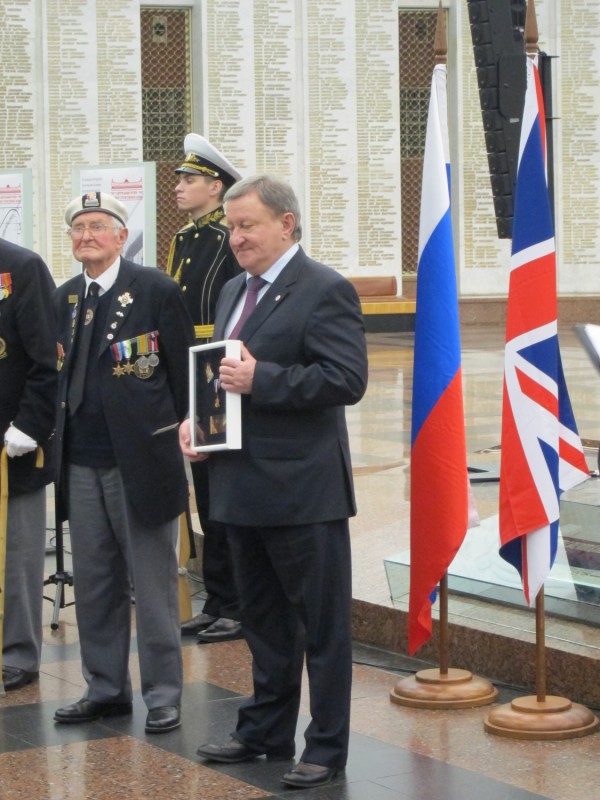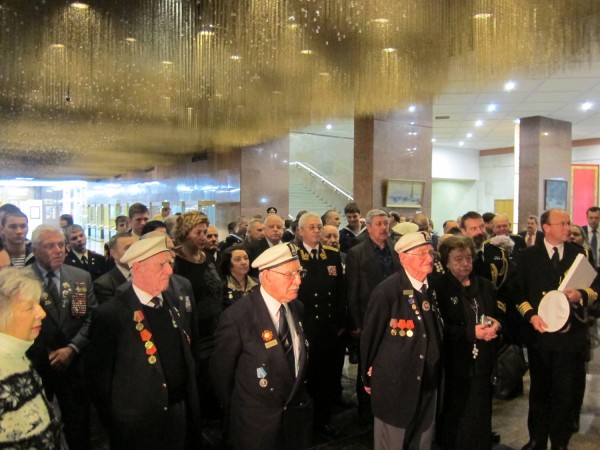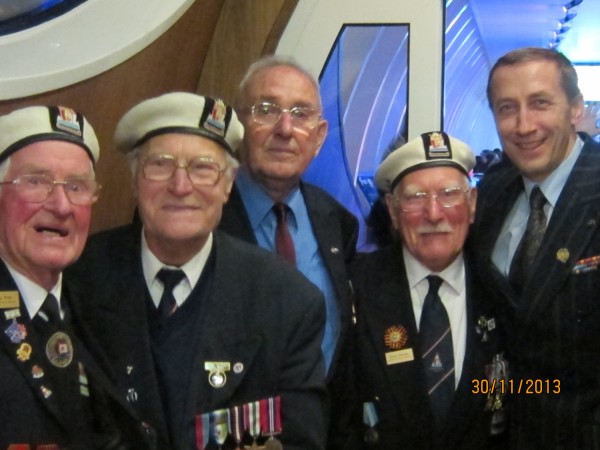James Pitts 28/09/1924 – 23/03/2017
James Pitts was born in Barnes, South London on 28/09/1924. Following the death of his mother when James was 14 years old he got a job working long hours in a shop whilst living above it. His Dad remarried and invited James to live with them but, although they were nice to him, he could not settle so attempted to join the army by saying he was older than he was. The army sent him away telling him to return when he could prove he was old enough. He then started work at a company making speedometers and compasses for ships and also joined the Home Guard (a home defence unit) practising manoeuvres and doing exercises at evenings and weekends.
As soon as James turned 18 he registered for National Service and, as a result of the years he spent as a boy scout, asked about joining the navy only to be informed that there was an 18 month waiting list. The Navy recruiting officer asked James if he would be interested in flying but as a telegraphist air-gunner not as a pilot. Before realising it, James had signed up and was told his training would take 18 months. He was soon to learn that the average life expectancy for an air-gunner was 75 hours in the air. Due to the fact the Navy was losing air-gunners at such a rapid rate, James received his call up papers a week later.
January 1943 – 4 weeks initial training at HMS Royal Arthur.
February 1943 – May 1943 3 months training at Fleet Air Arm base (HMS St Vincent, Gosport).
Summer 1943 – Sailed on the Queen Elisabeth to New York dodging German U-Boats (his first time out of England).
Spent 4 weeks at US Naval base, Ashbury Park, New Jersey.
Caught the train to Yarmouth, Nova Scotia for Air Training at the British Commonwealth Air Training Centre.
His first flight was in a swordfish and although he expected to find it frightening he actually found the experience exhilarating.
He had his first crash on his 19th birthday on 28/09/1943 when he was trapped in the back of the plane with oil leaking only to be pulled out by the pilot and navigator.
He then caught the train to Lewiston, Maine where he spent 4 weeks at a US Naval air base. After completing this training James was transferred to a naval air station in Quincy, Boston, Massachusetts to become part of 856 Squadron (Fleet Air Arm Torpedo Squadron). He then started flying in Avengers.
He returned to the Uk and his next stop was a bombing course and mine laying training at Machrihanish on the Mull of Kintyre. He was soon to experience his second crash, but was able to pull himself out of the plane with only a few bumps and bruises.
His next stop was Northern Ireland at RNAS Maydown and RNAS Eglinton where he was training on how to oppose u-boats and how to conduct convoy escort duties.
September 1944- James boarded HMS Premier at Bangor. They went to Scapa Flow, the Orkney Islands via Glasgow and James undertook his first operational flight mine-laying run up the Karmsund Narrows near Haugesund (north of Stavanger, Norway). James’s other operations in Norway included Operation Spellbinder, Operation Gratis and mine-laying a shipping channel at Skjoldastraumen and Askvoll.
On 17th April 1945 James was informed that he would be part of Russian Convoy JW66 which was codenamed ‘Operation Roundel’. They had to take the route to the north of Norway which was one of the only areas where the Germans still posed a real threat and were desperate for the convoys not to get through to Russia. On leaving Murmansk, JW66 was involved in the last Arctic Convoy battle of the war and whilst sailing back heard the news that Hitler was dead. On arriving back in Great Britain, James was sent to Lee on Solent where he was told he would be going to Asia to fight the Japanese only to hear the news regarding Hiroshima and Nagasaki and that the war in Asia was over.
James did not expect to survive the war and tried to have as much fun as possible under the circumstances, getting drunk as often as possible taking each day at a time. James, like many other heroes, did not really like talking about the war and it was not until the 50th Anniversary of VE Day that he really started to open up about his own war-time experiences. He is a true hero to his family and many others and will never be forgotten.
On November 1, 2013, as a member of the British delegation, James Pitts was a part of the torch relay in Archangelsk, the human-powered running feat that bore the flame on its journey from its source, Olympia, to the XXII Sochi Games.
In November 2013 the UK delegation of Arctic convoys veterans visited Moscow and James Pitts presented his most precious military award – "Arctic Star medal " to the Great Patriotic War Museum.
In 2015, Jimmy’s book "To Russia and back" was published in Britain. RIP Jimmy Pitts the best husband, dad, grandad, uncle in the world.


